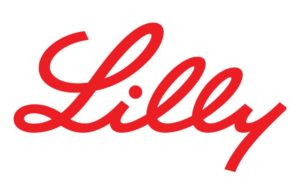 The spread of SARS-CoV-2 variants has convinced the U.S. government to stop using Lilly’s COVID-19 monoclonal antibody therapy bamlanivimab when used alone.
The spread of SARS-CoV-2 variants has convinced the U.S. government to stop using Lilly’s COVID-19 monoclonal antibody therapy bamlanivimab when used alone.
The U.S. government will continue using bamlanivimab when paired with etesevimab, another monoclonal antibody.
The government pointed to the rising number of SARS-CoV-2 variants across the country as the reasoning behind the decision.
Lilly stresses that bamlanivimab and etesevimab together should offer stronger protection against SARS-CoV-2 variants than either when used alone.
Several variants can potentially reduce the neutralization by monoclonal antibody treatments, according to the CDC. Variants such as B.1.429 and B.1.427, which emerged in California, have significant resistance to neutralization from at least some monoclonal antibody therapies available in the U.S. The P.1 variant first spotted in Brazil, and the B.1.351 variant from South Africa have moderate resistance to such antibodies.
HHS had earlier announced that it would limit the distribution of bamlanivimab to three states with a high presence of SARS-CoV-2 variants with the potential to evade the monoclonal antibody.
Bamlanivimab won emergency use authorization from FDA for people at risk of developing severe COVID-19 infections.
Bamlanivimab was developed jointly by Eli Lilly and AbCellera.





Tell Us What You Think!